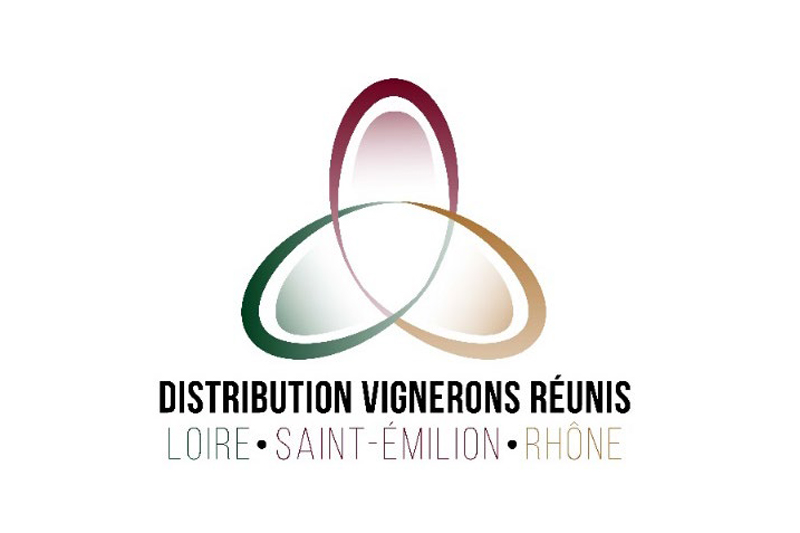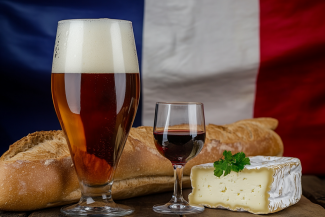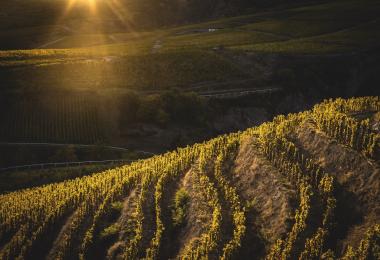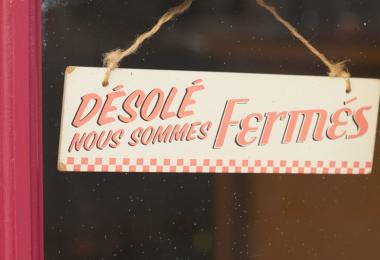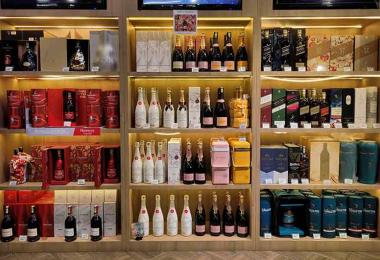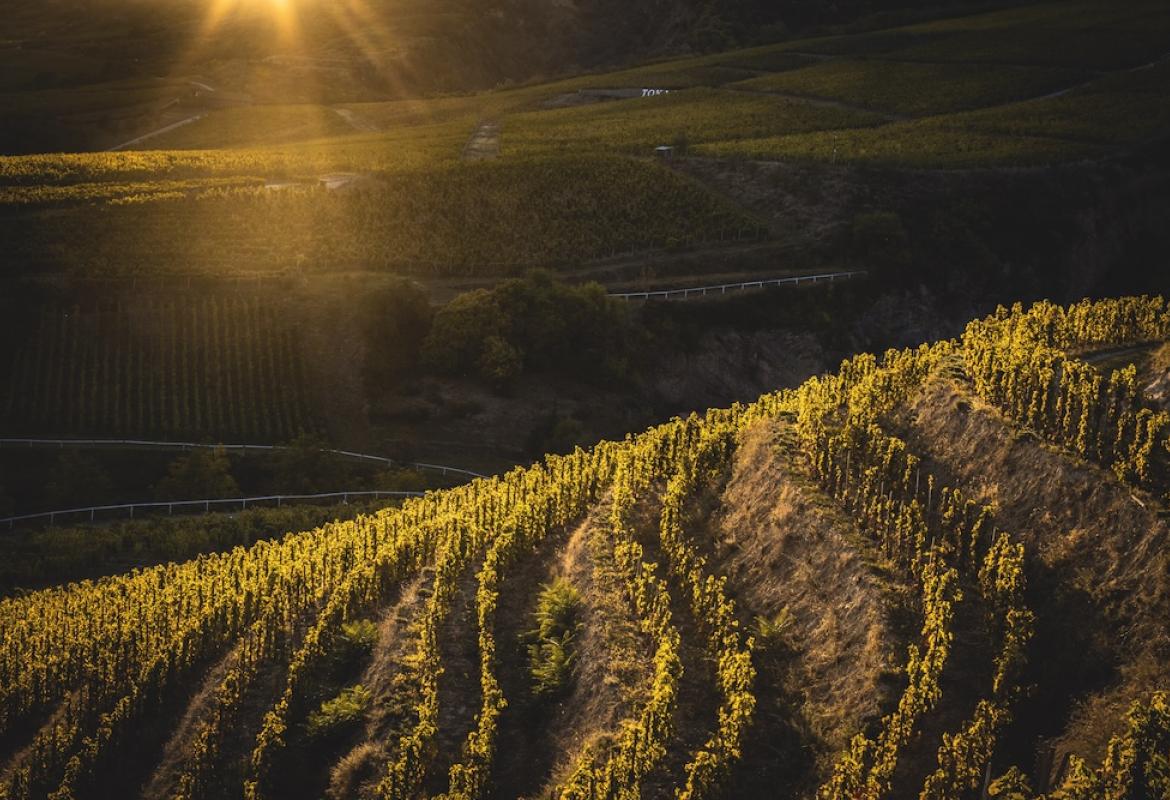At the end of 2024, the cooperatives Loire Propriétés, Rhonéa, and the Union de Producteurs de Saint-Émilion established Distribution Vignerons Réunis (DVR). According to Terre de Vins and other industry media, the new distribution structure is primarily focused on engaging with large retail chains.
Led by Maxime Fadier, former national sales manager of Loire Propriétés, the organization now employs 11 sector managers overseeing more than 1,600 retail locations across France. The primary goal of the collective organization is to maximize the visibility of its own products. In addition, efforts will be made to optimize store placements and shelf displays. Rhonéa’s communications department stated that DVR aims to “meet the expectations of retail chains in terms of performance and customer satisfaction through close collaboration with decision-makers in the stores.”
The new distribution structure signals how strongly the current structural crisis is pushing cooperative players to take action.
The three cooperatives bring together a diverse and complementary offering, united by their shared commitment to classic terroirs. Loire Propriétés, with a turnover of €75m and 166 member wineries, is the largest wine producer in the Loire and offers wines from all AOPs in the region, from Muscadet to Touraine. Rhonéa, with 300 winemaking families and €42m in turnover, is the market leader for Côtes du Rhône Villages and Crus, offering all AOPs of the southern Rhône Valley, as well as IGP Méditerranée. The Union de Producteurs de Saint-Émilion covers 650 ha/1,600 ac of vineyards, including AOP Saint-Émilion and Saint-Émilion Grand Cru, and is also the number one in its region.
The new distribution structure signals how strongly the current structural crisis is pushing cooperative players to take action. In 2024, a number of cooperatives merged, while others initiated protective measures and judicial restructuring procedures. Some are attempting to find a way out through product diversification (organic, No/Low alcohol, sparkling wines) or wine tourism. Michaël Cousinet, chairman of the winery Univitis, which was placed under court administration in July, estimated in an interview with Revue du vin de France that only “four or five out of thirty cooperatives in Gironde had a stable financial situation.” SP

